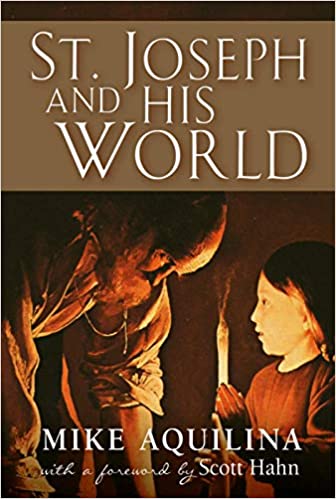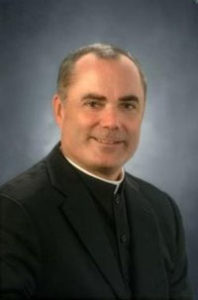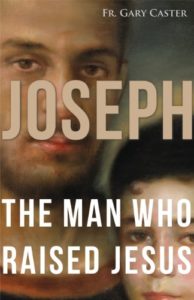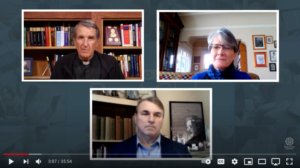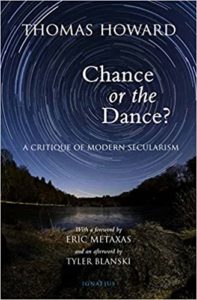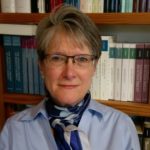Podcast: Play in new window | Download (Duration: 28:42 — 19.7MB) | Embed
Subscribe: Apple Podcasts | Spotify | Amazon Music | Android | Pandora | iHeartRadio | JioSaavn | Podchaser | Gaana | Podcast Index | Email | TuneIn | Deezer | Anghami | RSS | More
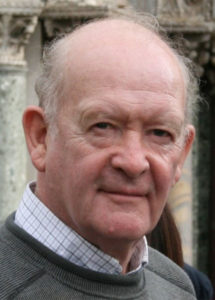
Episode 10 – Learning How To Love
James has returned home and begins in earnest, practicing his newfound life of prayer. However, we find him writing to Peter when he feels his prayer is floundering. Peter explains through their correspondence, that James is now finding himself on the threshold of contemplative prayer, and he encourages James to persevere and describes how he should proceed. This episode finishes many years later when Peter meets James again, but this time in his home in the New Forest. Peter has been giving lectures in London and James expresses his gratitude for his mentor in prayer, who changed the direction of his life completely.
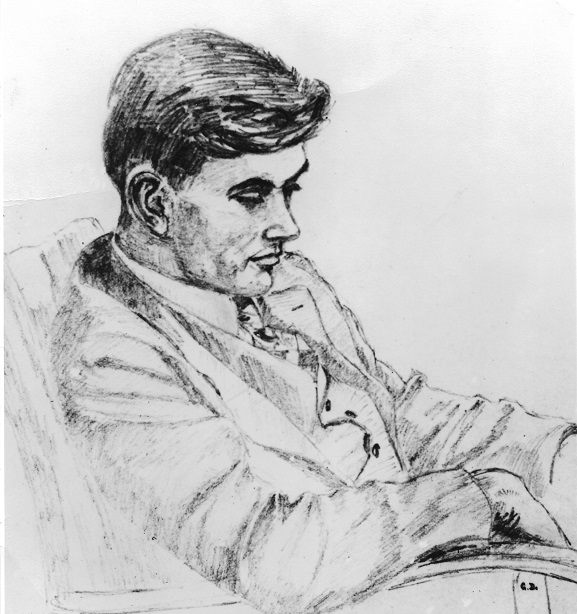
You can find more episodes of the series here: Wisdom from the Western Isles: The Hermit w/ David Torkington page.
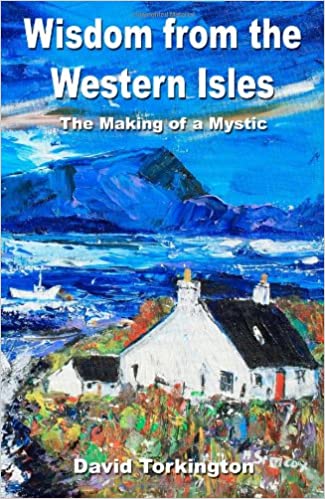 You can find the book here.
You can find the book here.
David Torkington, the author of Wisdom from the Western Isles has re-edited and abridged the work for broadcast; he is also the narrator. The book was published originally as three separate spiritual novels: Peter Calvay – Hermit, Peter Calvay – Prophet and Peter Calvay – Mystic. We begin with the first part, The Hermit but including some passages from Peter Calvay – Mystic so as to give an overall view of the spiritual journey for listeners.
David Torkington is an English Spiritual Theologian, author, and speaker, specializing in Prayer, Christian Spirituality, and Mystical Theology. Educated at the Franciscan Study Centre, England, he served as Dean of Studies at the National Catholic Radio and Television Centre, London. He was an extra-mural lecturer in Mystical Theology at the Angelicum, the Dominican University in Rome, and has received invitations to speak to Religious, Monks, Diocesan Priests, and laypeople from all over the world, including Equatorial Africa, where he gave three prolonged lecture tours speaking on Christian prayer.
Visit his website: www.davidtorkington.com.
The author of the popular Peter Calvay series, his books include Wisdom from the Western Isles, Wisdom from Franciscan Italy, Wisdom from the Christian Mystics, Prayer Made Simple (CTS), and How to Pray by Our Sunday Visitor. His books have been translated into 13 different languages.

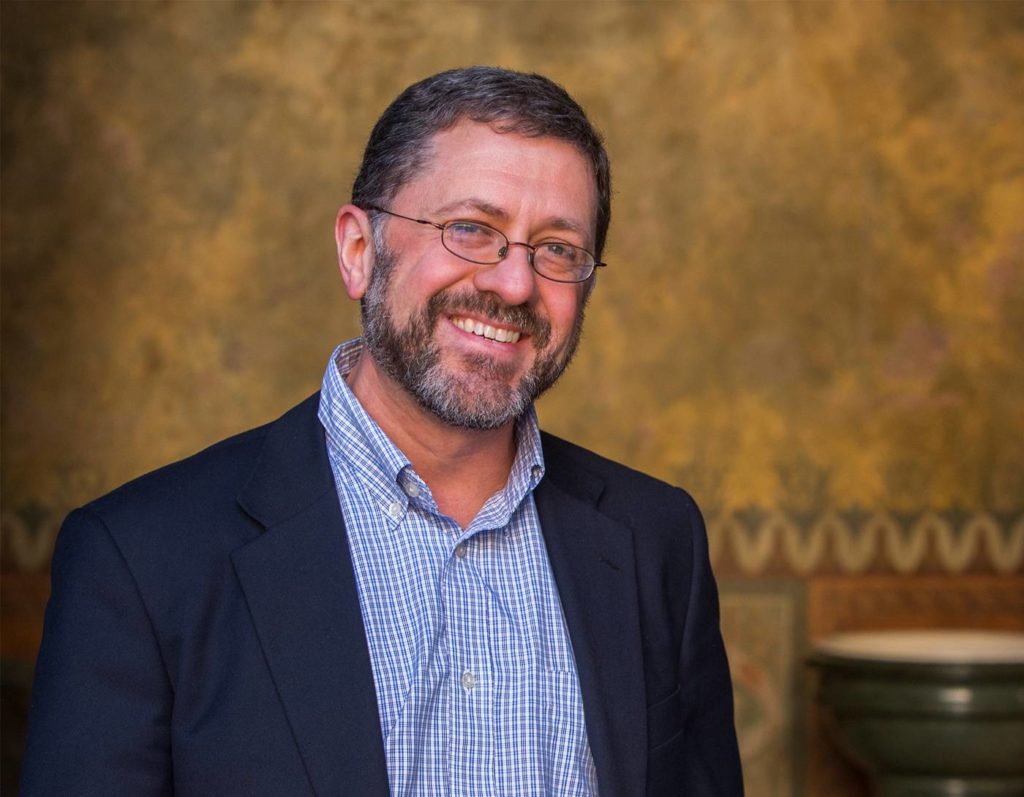 Episode 9 – A Brief Reflection on Prudence
Episode 9 – A Brief Reflection on Prudence